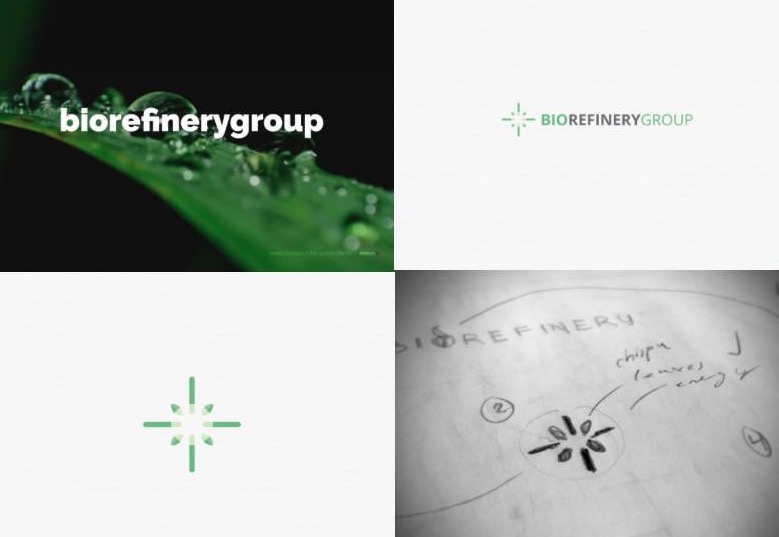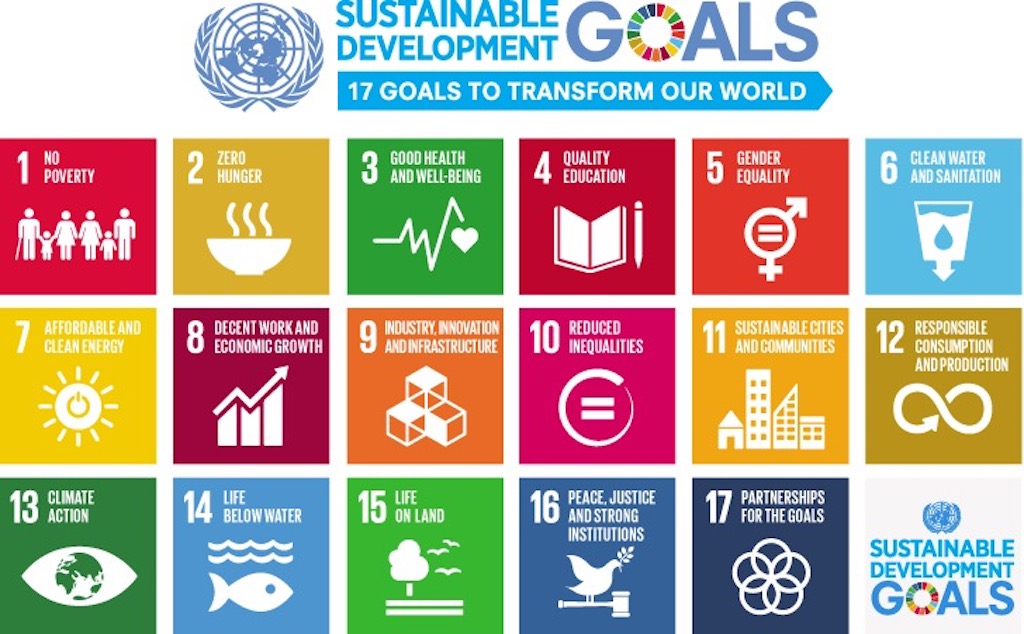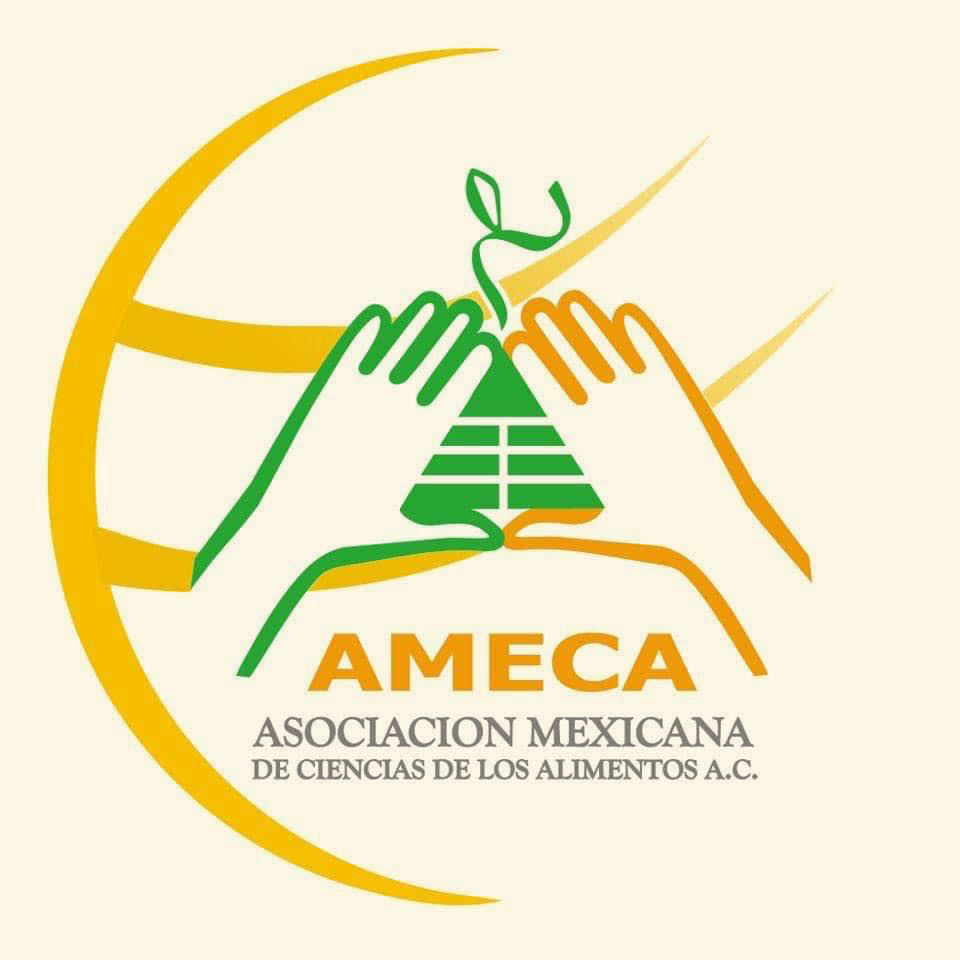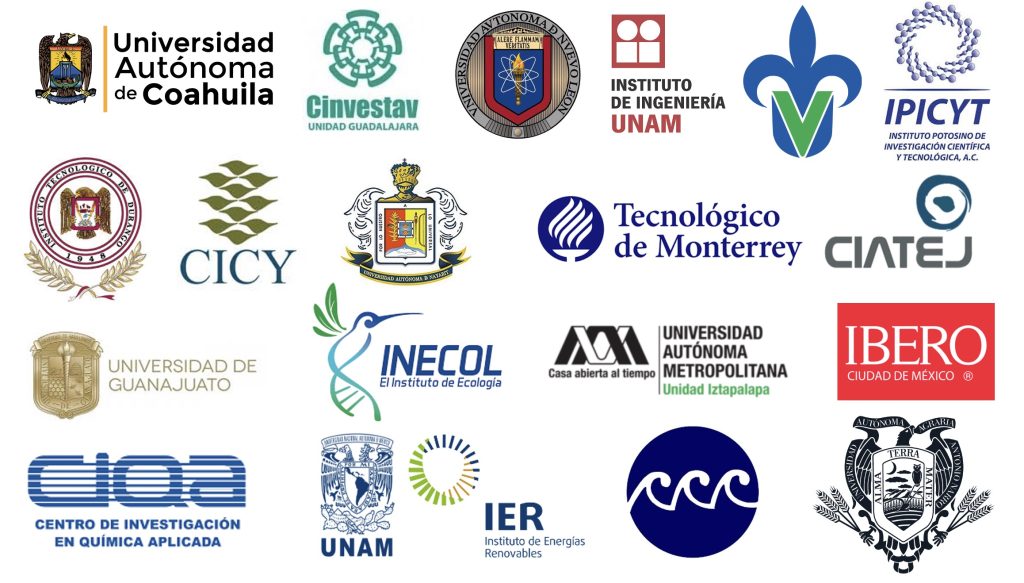The Biorefinery research group was established since 2013 and is a part of the Food Research Department, School of Chemistry at the Autonomous University of Coahuila in Saltillo, Coahuila, Mexico.
The image condenses, through a simple graphic icon, the fundamentals of the project – “Biorefinery”: Energy and Nature (Biomass) = forming a SPARK of Bioenergy
The research activities of the biorefinery group aim to cover the most relevant aspects related to the conversion of biomass into bioenergy and high value-added compounds in terms of sustainability and circular bioeconomy. Currently, the Biorefinery Group aggregates 24 Researchers of which 2 are faculty members of the Autonomous University of Coahuila, and 2 Post-doc researchers, 4 PhD students, 3 master students and several undergraduate students. The excellence of the research carried out in the biorefinery group, the competencies in advanced training, the competitiveness in attracting external, internal, and industrial financing, and the interaction with stakeholders are confirmed by the following facts for the period 2013- 2023. This is why our researchers are invited to take part in several Editorial Boards of International Journals, several Technical National and International Committees, in scientific and professional Societies governance, numerous Scientific Committees of National and International conferences , and to act as Reviewers of a high number of scientific articles every year.
The Internationalization is also an important issue in the Biorefinery Group activities. Biorefinery Group has established a network of collaborations all over the world that led to the development of joint research projects, joint academic programs, exchange of students and scientists including joint thesis supervision.
The biorefinery group takes action for the United Nations Sustainable Development Goals with the aim of developing sustainable processes with social and environmental impact
Our co-leader of the Biorefinery Group – Dr. Rosy Rodríguez-Jasso is the President of the Current Board of Directors 2021-2023 of Asociación Mexicana de Ciencia de los Alimentos, AMECA, A.C.
The Biorefinery group is part of the Cluster Bioalcoholes (Bioethanol Consortium) of the Mexican Centre for Innovation in Bioenergy (CEMIE-BIO) and Energy Sustainability Fund (CONACYT -SENER) in the stage pretreatment and fractionation biomass (hydrothermal pretreatment): https://www.youtube.com/watch?v=kXcR9xoC2WE
We have national collaboration with the following Mexican institutions: Different research groups in the Autonomous University of Coahuila, CINVESTAV – Guadalajara Unit, Autonomous University of Nayarit, Universidad Autónoma Agraria Antonio Narro (UAAAN), Metropolitan Autonomous University – (UAM-I), Centro de Investigación en Química Aplicada (CIQA), Centro de Investigación Científica de Yucatán, A.C. (CICY), Instituto Potosino de Investigación Científica y Tecnológica, A.C. (IPICYT), Instituto de Biotecnología y Ecología – Universidad Veracruzana, Centro de Investigación y Asistencia en Tecnología y Diseño del Estado de Jalisco (CIATEJ), Instituto Tecnológico de Durango, Instituto Tecnológico y de Estudios Superiores de Monterrey (Campus Monterrey), Instituto de Ecología, A.C. (Veracurz), Instituto de Ingeniería – Unidad Académica Juriquilla – UNAM, Universidad de Guanajuato, Universidad Autónoma de Nuevo León – Facultad de Agronomía, Universidad Iberoamericana (IBERO, CDMX), Instituto de Energías Renovables- UNAM, Instituto de Ciencias del Mar y Limnología – UNAM.
International collaboration with the following institutions: Technical University of Denmark (Denmark), University of Campinas (UNICAMP), Wageningen University (The Netherlands), University College London (UK), University of British Columbia (Canada), University of Kansas (USA), University of Leeds (UK), Lund University (Sweden), Washington State University (USA), Purdue University (USA), Jiangsu University (China), University of Minho (Portugal), Hamburg University of Technology (Germany), Jacobs University (Germany), Federal University of Sergipe (Brazil), Brazilian Biorenewables National Laboratory (LNBR) (Brazil), Auburn University (USA), University of Jaen (Spain), Federal University of Paraná (Brazil), University of Vigo (Spain), University of Liège (Belgium), Industrial University of Santander (Colombia), The University of Passo Fundo (UPF) (Brazil), Universidad de la República (Uruguay), National Laboratory for Energy and Geology (LNEG) (Portugal), Sadar Swaran Singh National Institute of Bio-Energy (India), State University of Santa Cruz (UESC) (Brazil), Brazilian Biorenewables National Laboratory (LNBR) (Brazil), Federal University of Rio Grande do Norte (Brazil), Umeå University (Sweden), CIEMAT- Renewable Energy Division, Biofuels Unit (Spain), Centro de Biotecnologia Agrícola e Agro-Alimentar do Alentejo – CEBAL (Portugal), Federal University of Ceará (Brazil), Universidade Católica Portuguesa (Portugal), Institute of Materials of Misiones (IMAM) (Argentina), State University of Campinas (Brazil), Dalian Polytechnic University (China), INL-International Iberian Nanotechnology Laboratory (Portugal), Tokyo Institute of Technology (Japan), Univeristy of Concepción (Chile), Centre for Energy and Environmental Sustainability (India), University of Florida (USA), CVR-Centre for Waste Valorisation (Portugal), CSIR-National Institute for Interdisciplinary Science and Technology (CSIR-NIIST) (India), University of Santiago de Compostela (Spain).
Location
—







